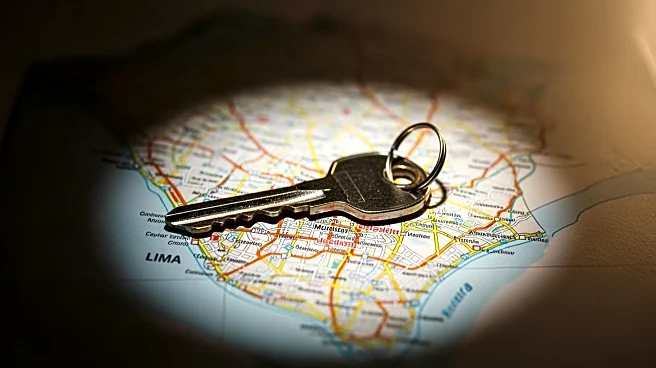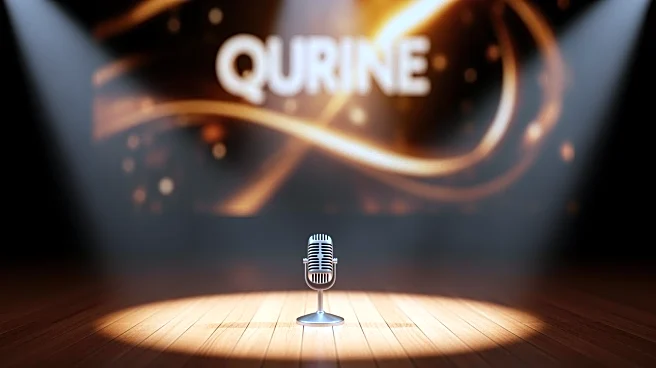What's Happening?
Peru's interim president, José Jerí, has declared a state of emergency in Lima in response to escalating violence. This decision follows the impeachment of former President Dina Boluarte, who was criticized
for failing to address the crime wave. The emergency measures include potential deployment of soldiers and restrictions on assembly and movement. The government aims to shift from a defensive to an offensive approach in tackling crime. Protests against violence and corruption have been prominent, with recent demonstrations resulting in casualties and injuries.
Why It's Important?
The declaration of a state of emergency in Lima reflects the severe challenges Peru faces in maintaining public safety and order. Rising violence and crime can destabilize the region, affecting economic stability and social cohesion. The government's response may set a precedent for how similar situations are handled in the future. The involvement of military forces in civilian areas raises concerns about human rights and civil liberties, highlighting the delicate balance between security and freedom.
What's Next?
The Peruvian government will likely face scrutiny from both domestic and international observers regarding the implementation and impact of the emergency measures. The effectiveness of these actions in reducing crime will be closely monitored, and further protests could occur if the public perceives the measures as ineffective or overly harsh. The situation may prompt discussions on long-term strategies for crime prevention and governance reform.









